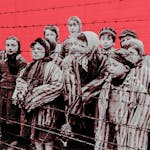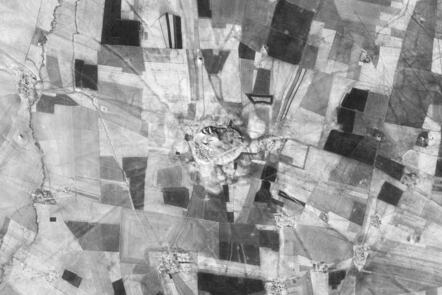Description
Jerusalem joined a long line of ancient vanquished cities, from Ur and Nineveh to Persepolis and Babylon itself, with its walls razed to the ground by Babylon's armies. Some people recovered from the devastation, but others did not. But none of them responded to political disaster by erecting the kind of elaborate and long-lasting monument to their own demise that we find in the Bible. The majority of conquered peoples saw their subjugation as a source of shame. They relegated it to obscurity, preferring to extol the glory days of the past. In contrast, the biblical authors responded to loss by composing extensive writings that acknowledge collective failure, reflect deeply on its causes, and thus discover a ground for collective hope.
Syllabus :
1. The Riddle That Has Yet to be Solved
- Defeat and the Response to Defeat
- The Oldest Reference to Israel
- The Centers of Civilization
- The Levant as a Land Bridge
- Egypt's Presence in Canaan During the New Kingdom
- The End of Egyptian Imperial Control
- Dever Interview
2. The Rise and Fall
- Israel and Judah
- Omride Dynasty
- Fall of Israel
- The Kingdom of Judah
- Fall of Judah
- Younger Interview
- Darby Interview
- Vaughn Interview
- Biblical Narrative: Building a History
- Israel in Canaan
- The Rise of the Kingdoms
- Exploring the Material Culture
- The Nature of the Kingdoms
3. The Making of the Bible as a Response to Defeat
- Judah After the Babylonian Conquest
- Factors Leading to Depopulation
- A Judahite Community in Egypt
- Judahite Communities in Babylon
- The Return to Zion
- Introduction to the Biblical Project
- From the Bible to the Sumerian King List
- Analyzing a Biblical Text: Genesis 26
- A Closer Look at Genesis 26
- Interweaving Sources
- Compositional Theories
- Division of the Books: Organizing a History
- Doctoral Student Aubrey Buster
- Epigrapher and Professor Christopher A. Rollston
4. Reinventing the Hero
- The Biblical Authors Reinvent the Hero
- Commemorating the Fallen Soldiers
- The Glorified Death of the Fallen Warrior
- The Bible’s Treatment of Heroic Death
- Death in the Bible
- Biblical Law Codes and Procreation
- The Preservation of the People
- Interview with Tamara Cohn Eskenazi
5. A Wise and Discerning People
- The Bible as an Educational Curriculum
- The Educational Ideals of the Bible
- Education Reform in the Face of Defeat
- From State Secrets to Open Access and National Literature
- Divination and Prophecy in Mesopotamia
- Biblical Prophets and the Throne
- The Reasons for the Differences
- Holding Priests in Check
- Breed Interview
- Manzer Interview
- Eskenazi Interview
6. Beyond Morality: The Bible as Political Model
- What We've Learned in This Course
- Three Distinct Qualities
- Peoplehood as a "Plan B"
- The Emergence of a Pan-Israelite Identity
- Why Does the Bible Originate in Israel and Judah?
- A Communal Pact Under Persian Rule
- Hope in Divine Judgement: From Treaty to Covenant
- The Interpersonal Ethics of Covenant
- Concluding Reflections: The Bible's Future
- Sweeney Interview
- O'Connor Interview
- Wolpe Interview









